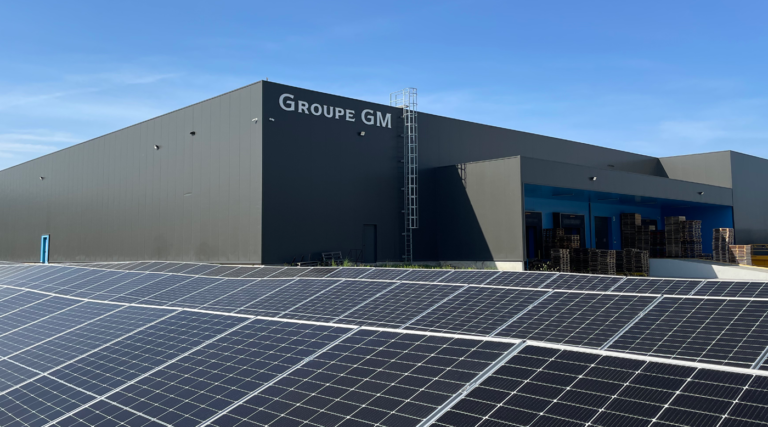
(Self) sustainable
energy communities
In the dynamic and constantly evolving scenario in which we live, sustainability emerges as a central and pressing theme, imposing the urgent need for a transition to clean energy sources. Faced with global challenges such as the climate crisis, energy poverty and resource scarcity, it becomes imperative to re-evaluate our approach.
In this context, environmental responsibility is not just an essential narrative but an urgent call to action. Aware that renewable energies are the present and the future, we are building a sustainable path and adopting energy alternatives that promote a lasting environmental balance, responding to the demands of the present and ensuring the prosperity of future generations.
In recent years, Europe has been progressively seeking to move away from fossil fuels; however, European countries still heavily rely on these resources. In Portugal, according to 2020 data from the Eurostat, fossil fuels still accounted for 71% of the gross energy available in the country.
According to the National Energy and Climate Plan (PNEC) 2030, and in line with the targets set by the European Union, Portugal aims to reduce greenhouse gas emissions by 45 to 55% and increase the use of renewable energy by 47%.
In the pursuit of sustainable solutions, energy communities emerge as a fundamental pillar in building a more responsible energy future. They represent a significant revolution in how we conceive, produce and consume energy.
What are energy communities?
The concept of energy communities represents an innovative approach to the production and consumption of energy. They are characterized by collaborative associations among individuals, businesses or organizations united by a common goal: the transition to a more sustainable energy system, based on 100% renewable sources.
This transformation is driven by the implementation of solar panels, installed in spaces provided by member producers, enabling the generation of energy for self-consumption. Additionally, it facilitates efficient and intelligent sharing of surplus energy within the community. This process not only strengthens the energy autonomy of the group but also promotes dynamic interconnection, where local production and smart energy distribution contribute to the creation of a sustainable and energetically efficient ecosystem.
The revolution of energy communities:
Environmental sustainability: The production of renewable energy reduces dependence on fossil fuels and lowers greenhouse gas emissions, promoting a cleaner and healthier environment for everyone.
Independence and diversification of the energy matrix: By forming energy communities, members have the opportunity to achieve greater energy self-sufficiency, enabling diversification and reducing dependence on the electrical grid. This strengthens a more resilient and decentralized model.
Technological innovation: Renewable energy projects drive the adoption of clean technologies, catalyzing local innovation and stimulating the development of more efficient solutions.
Community involvement: Active participation in the production and management of one’s own energy provides autonomy and fosters a profound sense of collective responsibility. This involvement strengthens local bonds and creates a commitment to building a more sustainable energy future.
Environmental education: Direct community involvement in renewable energy production goes beyond supplying electricity, acting as a catalyst for valuable environmental education opportunities. It empowers members to understand and embrace more conscious practices, contributing to the creation of a more sustainable and informed society.
New energy community:
Since the beginning of November, the Groupe GM Cosmética Portugal assumes its role as a producing member of a new energy community, with the installation of 466 solar panels, capable of generating energy for self-consumption and sharing the surplus with the surrounding community.
With an estimated annual production of 360 MWh, we anticipate avoiding the emission of 95 tons of CO2 into the atmosphere (equivalent to planting ~4200 trees).
We believe this is a crucial step to accelerate our transition to a more sustainable energy matrix, and we are committed to the journey towards decarbonization.
Because a sustainable future is in our hands!


